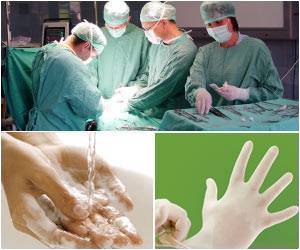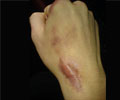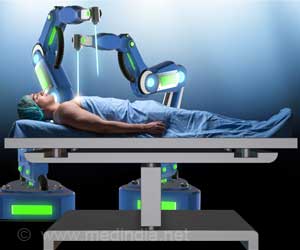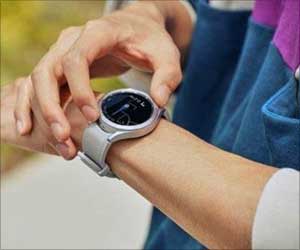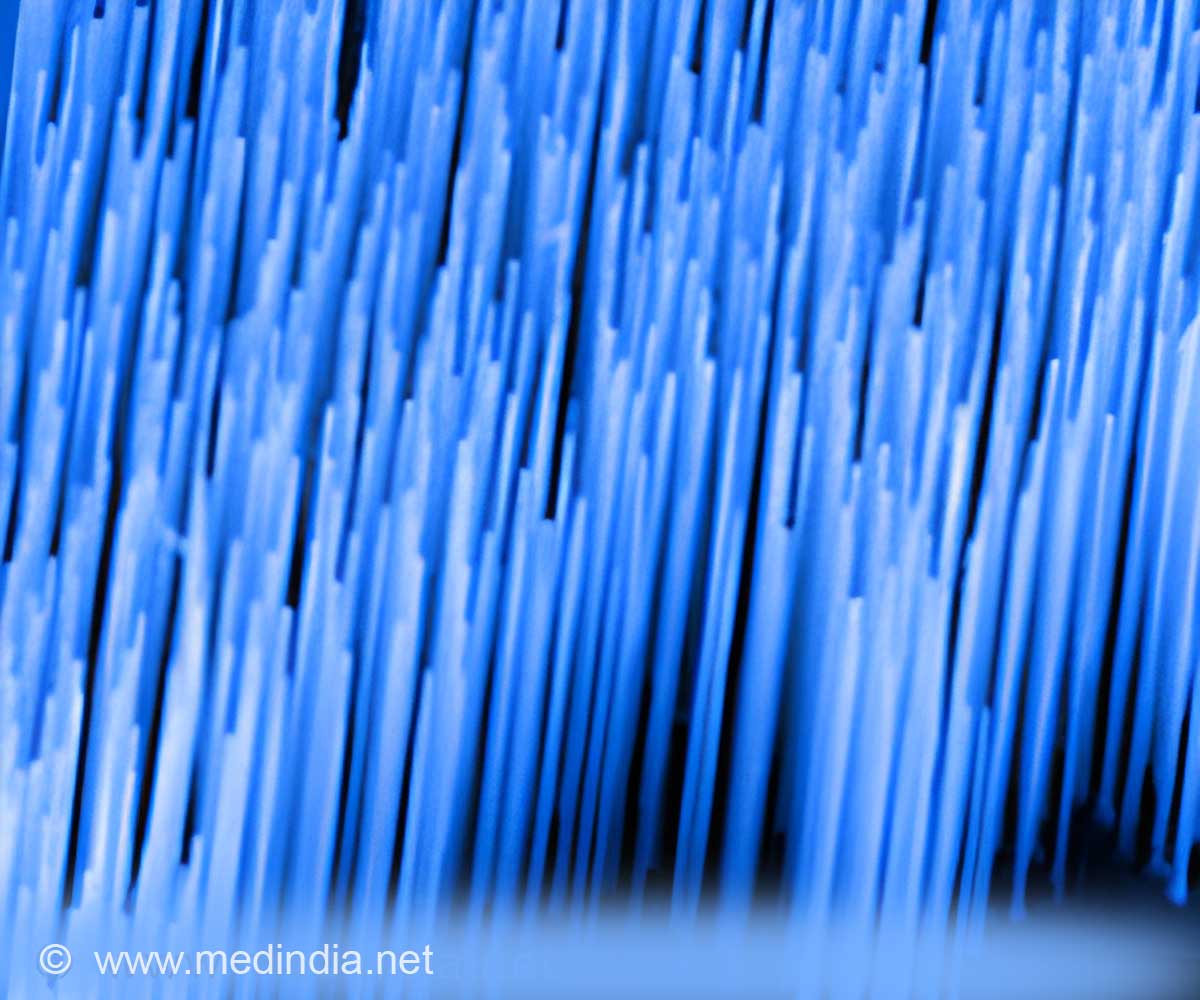
‘Surgical thread which can detect post-operative complications and transmit it to mobile phones has been developed. The threads collected data on tissue health, pH and glucose levels that can be used to determine such things as how a wound is healing, whether infection is emerging, or whether the body's chemistry is out of balance’
Tweet it Now
The development process allows scientists to integrate nano-scale sensors, electronics and microfluidics into a range of thread types, something as basic as cotton or as complex as synthetics. The researchers used a variety of conductive threads that were dipped in physical and chemical sensing compounds and connected to wireless electronic circuitry to create a flexible platform that they sutured into tissue in rats as well as in vitro. The threads collected data on tissue health, pH and glucose levels that can be used to determine such things as how a wound is healing, whether infection is emerging, or whether the body's chemistry is out of balance. The thread could be sewn into organs, wounds or orthopaedic implants. The results were transmitted wirelessly to a cell phone and computer."The ability to suture a thread-based diagnostic device intimately in a tissue or organ environment in three dimensions adds a unique feature that is not available with other flexible diagnostic platforms," said Sameer Sonkusale, Associate Professor at Tufts University's School of Engineering."We think thread-based devices could potentially be used as smart sutures for surgical implants, smart bandages to monitor wound healing, or integrated with textile or fabric as personalised health monitors and point-of-care diagnostics," Sonkusale said.
Researchers detailed their work in a new paper published this week in the journal Microsystems and Nanoengineering. While more study is needed in a number of areas, researchers said initial results raise the possibility of optimising patient-specific treatments. It has revealed its potential in lab rats and test tube experiments.
Source-Medindia




